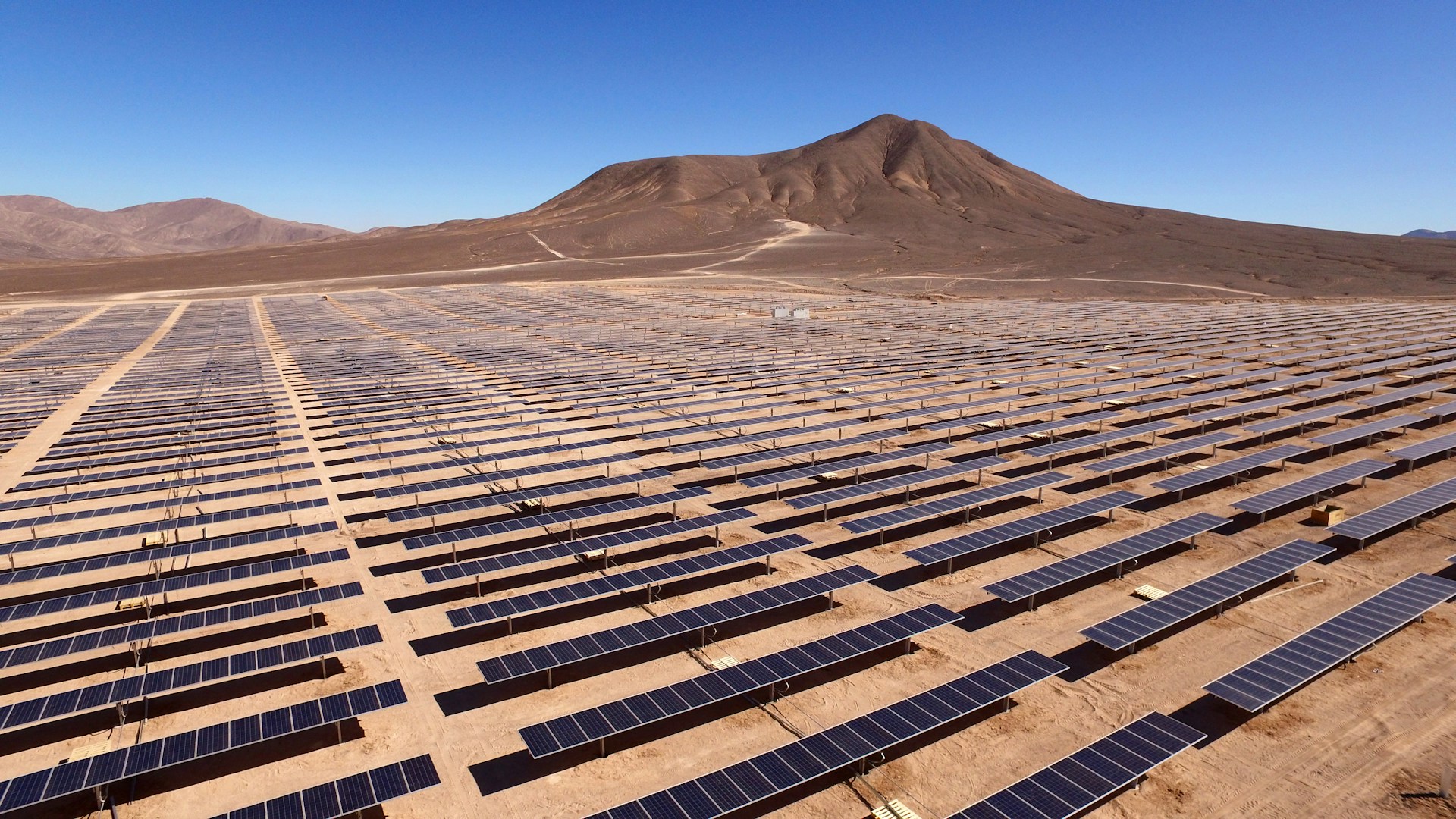The Green Tech Revolution
Global leaders and climate activists are increasingly calling for shifting our economies to a more sustainable one, with less dependency on fossil fuels. Presently, coal, oil, and gas form the top three sources for our energy needs. And their usage has continued to increase over the decades.
The fact that these are both the most polluting and limited sources of energy is also not hidden. Together, these fossil fuels account for over 75% of global greenhouse gases and nearly 90% of all CO2 emissions globally – greatly contributing to the changing climate order.
The effects of climate change have been devastating, greatly altering our weather patterns. Deserted regions are witnessing flood-like situations while heatwaves and droughts are destroying forested areas in other parts of the world. Average maximum temperatures continue to rise with each passing year. We have crossed the 1.5°C global average surface temperature threshold in 2024. UN Secretary-General Antóno Guterres urges that “we need to fight even harder to get on track.” He further added that, “there’s still time to avoid the worst of climate catastrophe. But leaders must act – now.”
And one crucial step to address climate change issue is by furthering the “green economy” agenda. Put simply it is investing in green technology solutions to attain a low-carbon, resource-efficient and an inclusive economy.
The global green economy sector, when measured as a standalone sector, boasts of an annual revenue pool of nearly $5 trillion in 2023, with a market capitalization of more than $7 trillion. It is the fourth largest sector, and the second largest behind the tech sector in terms of growth and financial performance over the past decade.
Green tech solutions encompass products and services that are developed using science and technology. Green technologies are less impactful to the environment, while promoting the extensive use of renewable energy and resource efficiency. And it is imperative that the world invests, develops and adopts green tech solutions to advance the green economy agenda.
State of Green Technologies
Renewable energy is perhaps one of the most evident green tech solutions that has been the most effective in addressing the issues around global carbon emissions. Use of renewables in the power, heat, and transport sectors are considered the main enablers to keep in check the rise of average global temperatures. Countries are already acknowledging the capability that renewables grant and by 2025, renewables are expected to surpass coal-fired generation as the main source of energy for electricity generation.
Countries and regions are also taking active policy measures to advance growth of renewables. In 2022, China, the US, and the EU announced policies to increase renewables deployment in the coming years. China’s 14th Five-Year Plan on Renewable Energy Development aims to increase renewable energy development from 2.2 trillion kWh in 2020 to 3.3 trillion kWh, while aiming to direct 50% of its energy and electricity consumption from renewables by 2025.
Electric vehicles (EVs) have also made quite a windfall, becoming an integral part of the green tech revolution. By the end of 2024, an estimated 17 million electric cars are expected to be sold worldwide. By 2030, if current policies and trends continue to remain, rollout of EVs can help avoid nearly 6 million barrels of oil each day.
A Global Coalition
We are now at an opportune time where other than renewables becoming cheaper than fossil fuels, it also generates three times more jobs than fossil fuels. Although advancing green tech has its benefits, challenges remain in terms of investments and intellectual property constraints.
In his remarks on the occasion of the launch of WMO’s State of the Global Climate 2021 Report, UN Secretary-General António Guterres proposed “five critical actions to jump-start the renewable energy transition.”
As a first step, he asked countries to remove barriers surrounding knowledge and technology transfer of battery storage, speeding up innovation and deployment of this critical green technology. Second, he urged for a “concerted international coordination” to build supply chains of “critical components and raw materials for renewable energy technologies.”
Third and fourth, he asked governments to streamline approvals of solar and wind projects and shift subsidies from fossil fuels to renewables, “to protect the poor and most vulnerable people and communities.” Lastly, he called on private and public stakeholders to triple their investments on renewables to at least $4 trillion a year.
And as an international think tank, Horasis is playing its role to further solutions around sustainable development by organizing events such as the 10th Horasis Global Meeting, scheduled to take place in São Paulo, Brazil, between 7 to 10 October 2025. The meeting will draw inspiration and provide recommendation on developing cooperative frameworks to overcome the myriad hallenges we face.
Photo Caption: Countries and regions are taking active policy measures to advance the growth of renewables.



